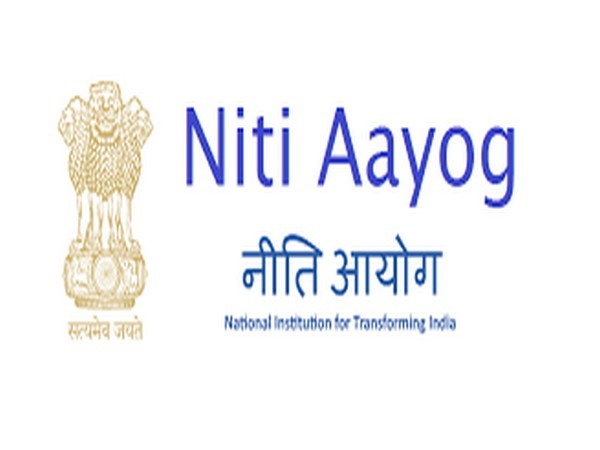Women Driving Financial Inclusion: NITI Aayog’s Report Highlights Surge in Credit Awareness and Entrepreneurship
Speaking at the launch, Shri B.V.R. Subrahmanyam emphasized the crucial role of financial access in fostering women’s entrepreneurship.

- Country:
- India
NITI Aayog has launched a groundbreaking report titled “From Borrowers to Builders: Women’s Role in India’s Financial Growth Story,” shedding light on the increasing financial participation of women in India. Released by CEO NITI Aayog, Shri B.V.R. Subrahmanyam, the report indicates that more women are actively seeking credit and monitoring their financial health, marking a shift towards greater financial inclusion and empowerment.
The report, jointly published by TransUnion CIBIL, Women Entrepreneurship Platform (WEP) of NITI Aayog, and MicroSave Consulting (MSC), reveals that as of December 2024, 27 million women were tracking their credit scores, reflecting an impressive 42% year-on-year increase. This surge signifies enhanced financial awareness and a growing inclination towards credit readiness among women in India.
Empowering Women Entrepreneurs Through Financial Inclusion
Speaking at the launch, Shri B.V.R. Subrahmanyam emphasized the crucial role of financial access in fostering women’s entrepreneurship. He stated:
“The government recognizes that access to finance is a key enabler for women entrepreneurs. The Women Entrepreneurship Platform (WEP) is committed to creating an inclusive ecosystem that fosters financial literacy, access to credit, mentorship, and market linkages. However, achieving equitable financial access requires a concerted effort from financial institutions and policymakers. Through the Financing Women Collaborative (FWC) under WEP, we invite more stakeholders from the financial sector to contribute to this mission.”
Women’s Credit Awareness and Borrowing Trends
The report highlights several key trends in women’s credit participation:
- Women’s share of the total self-monitoring base increased to 19.43% in December 2024, up from 17.89% in 2023.
- Women in non-metro regions demonstrated stronger growth in credit monitoring (48%) compared to metro regions (30%).
- Five states—Maharashtra, Tamil Nadu, Karnataka, Uttar Pradesh, and Telangana—accounted for 49% of all self-monitoring women, with the southern region leading at 10.2 million participants.
- Northern and central states, including Rajasthan, Uttar Pradesh, and Madhya Pradesh, recorded the highest compounded annual growth rates (CAGR) in active women borrowers over the past five years.
Rise in Women-Led Business Financing
Since 2019, women’s share in business loan origination has increased by 14%, and their participation in gold loans has risen by 6%, with women constituting 35% of business borrowers as of December 2024. These figures indicate a growing appetite for entrepreneurship among women, driven by better credit awareness and financial access.
Challenges and Opportunities
Despite these positive trends, the report outlines challenges such as credit aversion, inadequate banking experiences, barriers to credit readiness, and issues with collateral and guarantors. To bridge these gaps, financial institutions have a critical role in designing gender-smart financial products tailored to the needs of women entrepreneurs.
Anna Roy, Principal Economic Advisor at NITI Aayog and Mission Director of WEP, underscored the economic impact of women’s entrepreneurship:
“Encouraging women’s entrepreneurship is not only crucial for gender equity but also for economic acceleration. It has the potential to create employment opportunities for 150 to 170 million people while increasing women’s participation in the labor force.”
The report signals a transformative shift in women’s financial empowerment in India. With rising credit awareness and improved financial scores, women are increasingly becoming key contributors to India’s economic growth. Strengthening financial literacy, expanding access to inclusive credit products, and fostering a supportive ecosystem for women entrepreneurs will be instrumental in sustaining this momentum.
The government, financial institutions, and private sector stakeholders must collaborate to ensure equitable financial access and unlock the full potential of women entrepreneurs in India.
- READ MORE ON:
- NITI Aayog
- TransUnion CIBIL










